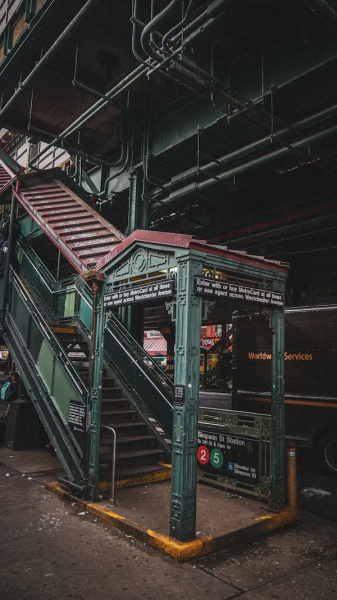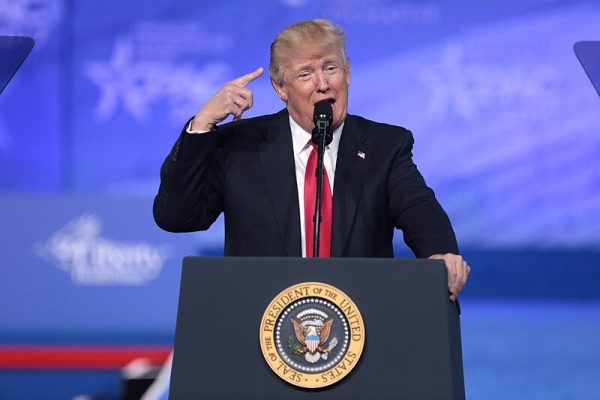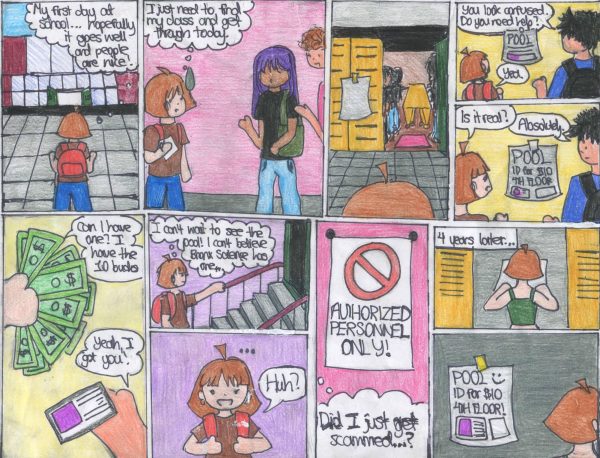The United Kingdom’s Lackluster Response to the Coronavirus Pandemic
Even before the new strand reared its head, the United Kingdom’s response to COVID-19 left much to be desired.
London, the capital city of the United Kingdom, has been experiencing harsher lockdown measures after the emergence of the UK variant. Hounslow, typically a bustling residential borough in West London, is left destitute and empty with the lockdown in place.
The new strand of the Coronavirus surely shook up many — if you thought contending with a virus forcing us into a lockdown for over a year was bad enough, now it has made itself even more volatile and viral. The first of many new COVID-19 strands originated in the United Kingdom, and while its infection rate is nothing short of terrifying, the mass spread found fault and abused the gaping holes in the United Kingdom’s already flawed response to the Coronavirus pandemic.
Many European countries are lifting their lockdowns, while the United Kingdom is extending and enhancing theirs. The root cause for their faults, however, began with their initial response. After the first confirmed case of a potentially pandemic-producing virus, you might expect Boris Johnson, Prime Minister of the United Kingdon, to hold a meeting to plan a procedure in response to the virus. Instead, he delegated (and shirked) the responsibility to his health secretary, Matt Hancock, and that was the end of that.
In all fairness, with contact tracing done for the first few infected, the earliest stages of outbreak were handled well. Of course, we know that it would not just end there, given that COVID-19 became a global pandemic, a pandemic that festered for a month before Johnson stepped in far too late, leading to a shortage of health equipment and COVID-19 tests. During the second week of March 2020, Germany was testing 20,000 people daily, while Britain averaged under a tenth of that. Neither of those rates were wholly sustainable, with supplies drying up all the way to production, internationally countries scrambled to react in February 2020. The UK came to this chaos late, and found the drying up supply to be bone-dry.
This shortcoming was superfluous to the UK’s grand scheme of a response. Instead of frequent testing and social distancing, Johnson pushed to flatten the curve by throwing support behind herd immunity. Herd immunity occurs when the majority of a population contracts and recovers from a virus or bacteria and develops immunity, and thus when that population, or herd, encounters it again, those with a developed immunity kill the pathogen before it spreads to the rest of the herd. Ideally, this would protect the most at-risk members of the population, but there was one major flaw in this strategy. COVID-19 does not allow itself to be handled in such a way, as people who have contracted it do not immediately develop immunity, and can get it again. Without developing immunity and without a vaccine, we cannot reach a state where the majority of the population naturally develops an immunity by contracting COVID-19 in the first place — a reality that entirely antithetical to herd immunity.
Boris Johnson spoke of supporting social distancing and recommended working from home and avoiding public venues days before any state-enforced action was taken to support these ends. By this point, many other European countries had already entered lockdown In some cases, as with Italy, it had happened a week prior. It took yet another week for the UK to finally mandate a lockdown on March 23rd, 2020.
Boris Johnson eventually caught COVID-19, which posed a serious danger to his life, which sent a shock through the UK. He was admitted to a hospital on April 6th, 2020, having tested positive for Coronavirus 10 days prior. While President Trump caught COVID-19 too, he caught it much later into the pandemic. This lack of leadership struck at an instrumental time, not two weeks after lockdown was initiated.
Further into lockdown, the new strand of Coronavirus exploited fundamental issues in the UK’s response. Standing to test what was already a poor and faulty answer to COVID-19, this strand posed another question — a question that happens to be 70% more infectious. First appearing in southern England, it led to an immediate and exponential rise of cases within Greater London and neighboring regions. This shot up the measures in much of the UK, with “Tier 3” restrictions being introduced which prohibits socializing indoors, restaurants closing — with the exception of takeout — and travel being minimized to the afflicted areas. These measures should not sound too foreign to you with all the faults in our country’s response, as we implemented similar restrictions far earlier on in urban areas.
Although these recent restrictions are helping, the future remains cloudy even as the UK strides for a fourth Tier of restrictions to reach. Nicoletta, a friend of mine living in London, said that “Cases are slowly starting to decrease again, but the government needs to realize what is going on and to take better measurements and procedures. In general, they could have done better to prevent COVID-19 from spreading, but they cared too much about the economy.”
This is a flaw that may continue to trend negatively, as while many in the UK government are pushing for stronger restrictions and for the evidently positive procedures to continue, the chair of the COVID-19 Recovery Group of Conservative backbenchers wishes for the “severe” restrictions to be lifted the eight of March.
While there is more medical equipment available than in the first few months for the UK, and with vaccines also coming out quickly and the erection of Quarantine Hospitals for international travelers, the future is not yet set in stone. The NHS — the UK’s National Health Service — is under heavy strain, and as different groups push for lighter and heavier responses to the Coronavirus, only time will tell how the UK will manage moving forward.
Nicoletta, a friend of mine living in London, said that “Cases are slowly starting to decrease again, but the government needs to realize what is going on and to take better measurements and procedures. In general, they could have done better to prevent COVID-19 from spreading, but they cared too much about the economy.”
Scott Ernsberger is a Managing Editor/Advisory Editor for ‘The Science Survey.' As a Managing Editor, Scott helps with copy-editing and keeping deadlines,...











